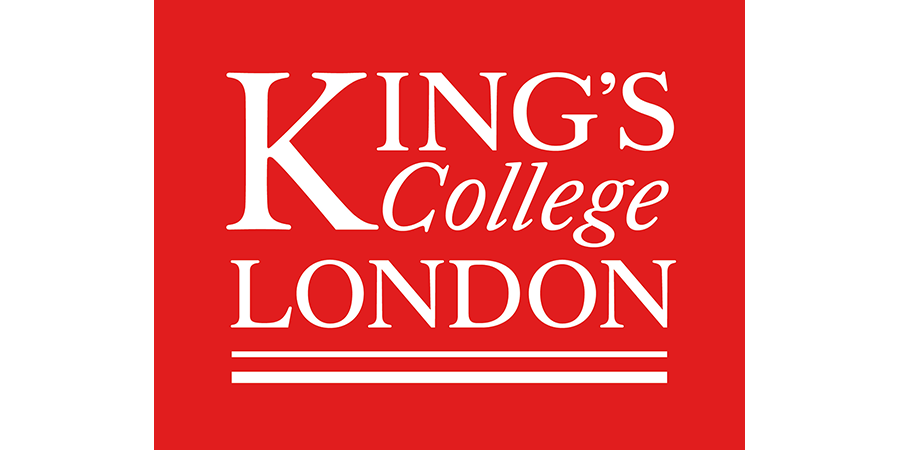Postdoctoral Research Associate in the Department of Randall Cell & Molecular Biophysics
King's College London - Randall Centre for Molecular and Cellular Biophysics
| Location: | London |
|---|---|
| Salary: | £44,105 to £46,421 per annum, including London Weighting Allowance |
| Hours: | Full Time |
| Contract Type: | Fixed-Term/Contract |
| Placed On: | 25th November 2024 |
|---|---|
| Closes: | 18th December 2024 |
| Job Ref: | 100785 |
About Us
This post is based in the Culley Lab, part of the Cellular Biophysics Section in the Randall Centre. The lab’s speciality is in developing and validating computational methods for fluorescence microscopy, and we welcome members from a broad range of interdisciplinary backgrounds. The post is part of a broader interdisciplinary bioimaging project with Simon Ameer-Beg (Comprehensive Cancer Centre), Simon Poland (Comprehensive Cancer Centre), Andrea Serio ( Basic and Clinical Neuroscience) and Robert Henderson (Department of Engineering, University of Edinburgh).
About the role
Applications are invited for a postdoctoral research position to develop methods for processing, analysing and visualising multimodal advanced microscopy data.
This project focuses on how metabolism can be investigated using a range of microscopy methods, including fluorescence lifetime imaging (FLIM) and optical coherence techniques, for a variety of biological systems. You will work collaboratively as one of five multidisciplinary postdoctoral researchers to develop microscope technology across length-scales from the molecular to whole organ. A critical component of this work will be a software platform which will allow integration of information from different imaging modalities and methods for exploring and visualising this data. The candidate will develop this software as plugins for the python-based multi-dimensional data viewer napari. The analytical methods development will involve aggregating existing techniques for FLIM analysis into one package, registration of large multi-dimensional datasets, and machine learning/AI to explore how information is shared between different imaging modalities.
Candidates are welcomed from a range of backgrounds across biology, physics and computer science. As the role will heavily involve software development, experience of programming is essential.
Access to excellent training and world class facilities will be provided, with opportunities to attend international conferences within the field.
This is a full time post funded by the Wellcome Trust and you will be offered an 11-month fixed term contract with a start date no sooner than 1st March 2025.
The role is suitable for a flexible working pattern with an expected minimum of two days per week on site.
About you
To be successful in this role, we are looking for candidates to have the following skills and experience:
Essential criteria
- PhD qualified in relevant subject area *
- Undergraduate degree in relevant subject area (sciences, computer science or engineering)
- Prior experience of image analysis, either in microscopy or computer vision
- Prior experience of programming
- Demonstrated ability to carry out research and communicate findings verbally and in writing
- Demonstrated ability to plan and troubleshoot own work
- Demonstrated ability to work effectively with others
- An understanding of the benefits and challenges of working in an interdisciplinary field
- Commitment to diversity and inclusion in alignment with King’s Guiding Principles
* Please note that this is a PhD level role but candidates who have submitted their thesis and are awaiting award of their PhDs will be considered. In these circumstances the appointment will be made at Grade 5, spine point 30 with the title of Research Assistant. Upon confirmation of the award of the PhD, the job title will become Research Associate and the salary will increase to Grade 6.
Desirable criteria
- Experience of fluorescence microscopy
- Experience of programming in Python
- Experience of software engineering practices including version control and testing
- Experience of using deep learning-based image processing/analysis
Advert information
Type / Role:
Subject Area(s):
Location(s):









